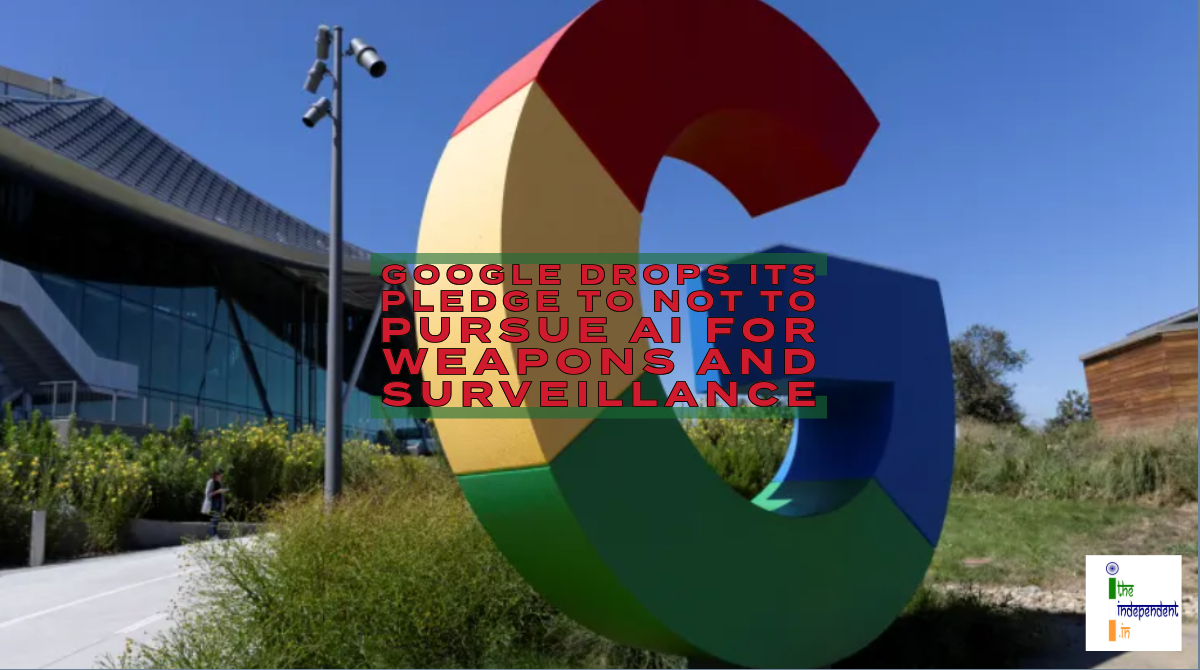
Google updated its AI Ethics Policy to permit weapon and surveillance use, a shift from its prior anti-harm technology stance.
Google has dropped its pledge to avoid Artificial Intelligence (AI) applications for weapons and surveillance in its latest revision of its AI Ethics Policy, marking a significant departure from the company’s previous stance, which included a pledge not to pursue AI technologies that could cause overall harm or violate internationally accepted norms.
The updated policy states that Google will use AI responsibly and in alignment with “widely accepted principles of international law and human rights.” However, explicit language regarding weapons and surveillance has been omitted.
The revision of Google’s AI ethics policy follows the inauguration of U.S. President – Donald Trump, an event attended by the CEO of Alphabet Inc. – Sundar Pichai alongside other tech industry leaders such as the Executive Chairman of Amazon – Jeff Bezos and the Chairman and CEO of Meta – Mark Zuckerberg. Shortly after taking office, Trump rescinded an executive order issued by Former President – Joe Biden that mandated AI developers to share safety test results with the Government before launching new technologies.
The CEO of Google Deepmind – Demis Hassabis and the Senior Vice President of SVP of Research, Labs, Technology & Society – James Manyika, said in a blogspot, “We believe democracies should lead in AI development, guided by core values like freedom, equality, and respect for human rights.”
They further wrote, “And we believe that companies, governments, and organizations sharing these values should work together to create AI that protects people, promotes global growth, and supports national security.”
Google first introduced its AI Principles in 2018 following internal protests over its participation in the United States (U.S.) Department of Defense’s Project Maven. The project, which involved using AI to enhance drone strike targeting capabilities, sparked employee backlash, leading to resignations and a petition urging the company to distance itself from military applications. As a result, Google opted not to renew its contract with the Pentagon and later withdrew from bidding on a U.S. $ 10 billion cloud computing contract due to concerns over its ethical guidelines.
With AI regulation and national security concerns at the forefront of global discussions, Google’s updated policy signals a shift that could have broad implications for how technology companies balance ethical commitments with business and governmental partnerships.
Besides, last year, OpenAI said it would work with military manufacturer – Anduril to develop technology for the Pentagon. Anthropic, which offers the chatbot – Claude, announced a partnership with defense contractor – Palantir to help U.S. Intelligence and Defense agencies access versions of Claude through Amazon Web Services. Google’s rival tech giants, Microsoft and Amazon, have long partnered with the Pentagon.







